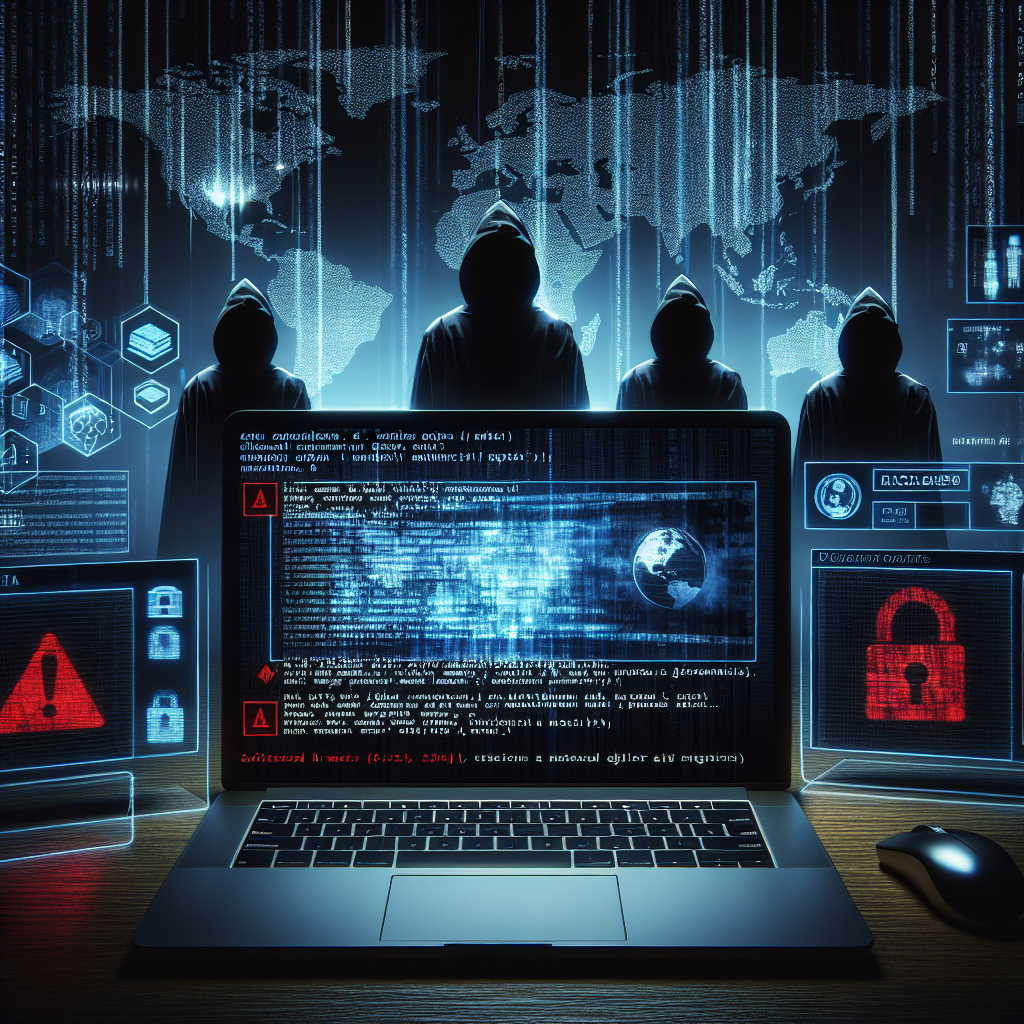In a recent cybersecurity development, Chinese-linked threat actors have been exploiting a vulnerability in Check Point software to carry out attacks on European organizations. These attacks, particularly prevalent in the healthcare sector, have been orchestrated by a threat activity cluster that has been previously unidentified. The primary objective of these attacks has been the deployment of malware such as PlugX and its successor, ShadowPad. In some instances, these intrusions have culminated in the deployment of a ransomware variant known as NailaoLocker.
The campaign, which has been dubbed Green Nailao by Orange Cyberdefense CERT, has raised significant concerns within the cybersecurity community due to the sophisticated nature of the attacks and the potential impact on targeted organizations. One of the key elements of this campaign has been the exploitation of a security flaw that had not been patched at the time of the attacks.
The utilization of Check Point software as an entry point for these attacks underscores the importance of promptly addressing security vulnerabilities and implementing robust cybersecurity measures. Organizations, especially those in sensitive sectors like healthcare, need to stay vigilant and ensure that their systems are up to date with the latest security patches.
This recent incident serves as a stark reminder of the evolving nature of cybersecurity threats and the need for constant vigilance in the face of sophisticated adversaries. As threat actors continue to refine their tactics and techniques, organizations must prioritize cybersecurity readiness and resilience to effectively mitigate the risks posed by such attacks.
In conclusion, the exploitation of the Check Point flaw by Chinese-linked attackers to deploy ShadowPad and ransomware highlights the pressing need for proactive cybersecurity measures. By staying informed about the latest threats, promptly patching vulnerabilities, and implementing robust security protocols, organizations can enhance their cyber defenses and safeguard against malicious intrusions. It is imperative for organizations to prioritize cybersecurity as a fundamental aspect of their operations in an increasingly digital world.

